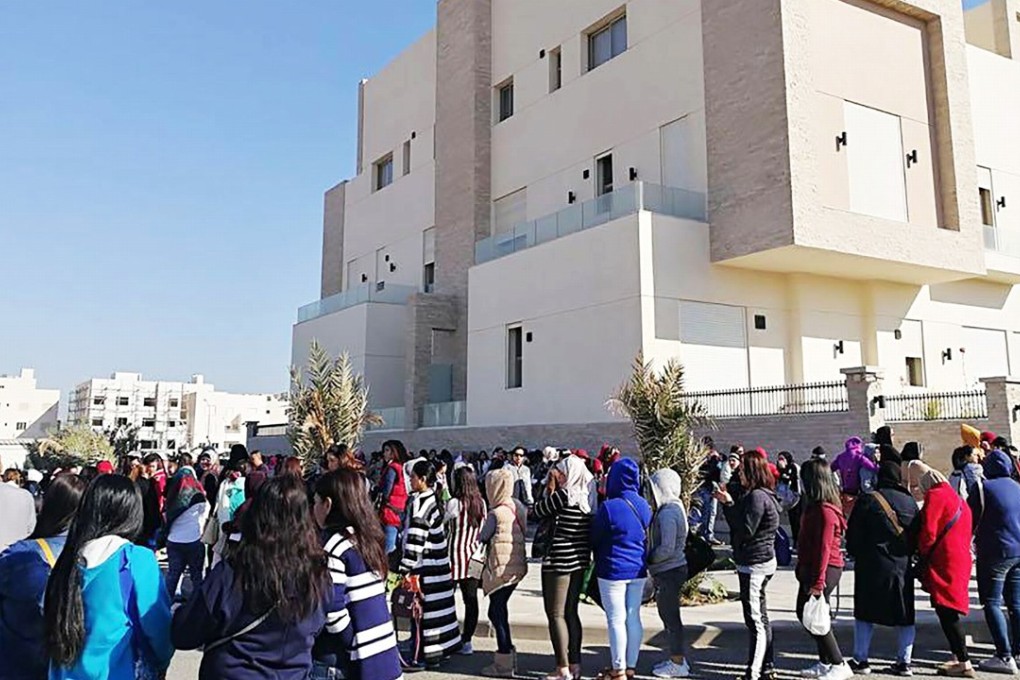
The murder of a Filipino maid whose body was found in a freezer in Kuwait has triggered outrage and prompted Manila to impose a departure ban for its citizens planning to work in the Gulf state.
But the estimated 252,000 Filipinos already working in Kuwait must weigh their fear of sharing the fate of Joanne Demafelis against the potential loss of vital income for their families.
Demafelis’ body was discovered in an abandoned flat in Kuwait with what officials said appeared to be signs of torture.
A Lebanese man and Syrian woman suspected of the young maid’s murder were arrested last week in Damascus, after an Interpol manhunt.
I need the money ... But if the government asks me to leave, I will have no choice but to comply
Philippine President Rodrigo Duterte responded to the murder by accusing Arab employers of raping and starving their Filipino workers, and announced a ban on them heading to Kuwait for work.